Welcome to Trending! This page has been designed to provide you with further reading materials and links about the topics being promoted and covered in your Library areas. Want to know more about the origins of Halloween or the importance of libraries in saving our planet? Wonder no more! You’ll also find useful guides and templates to help you should you wish to get involved with the Library events and competitions being held throughout the year.
This page will be constantly updated, so please keep checking back for the latest.
Use the tiles below to jump to a specific topic:
 |
 |
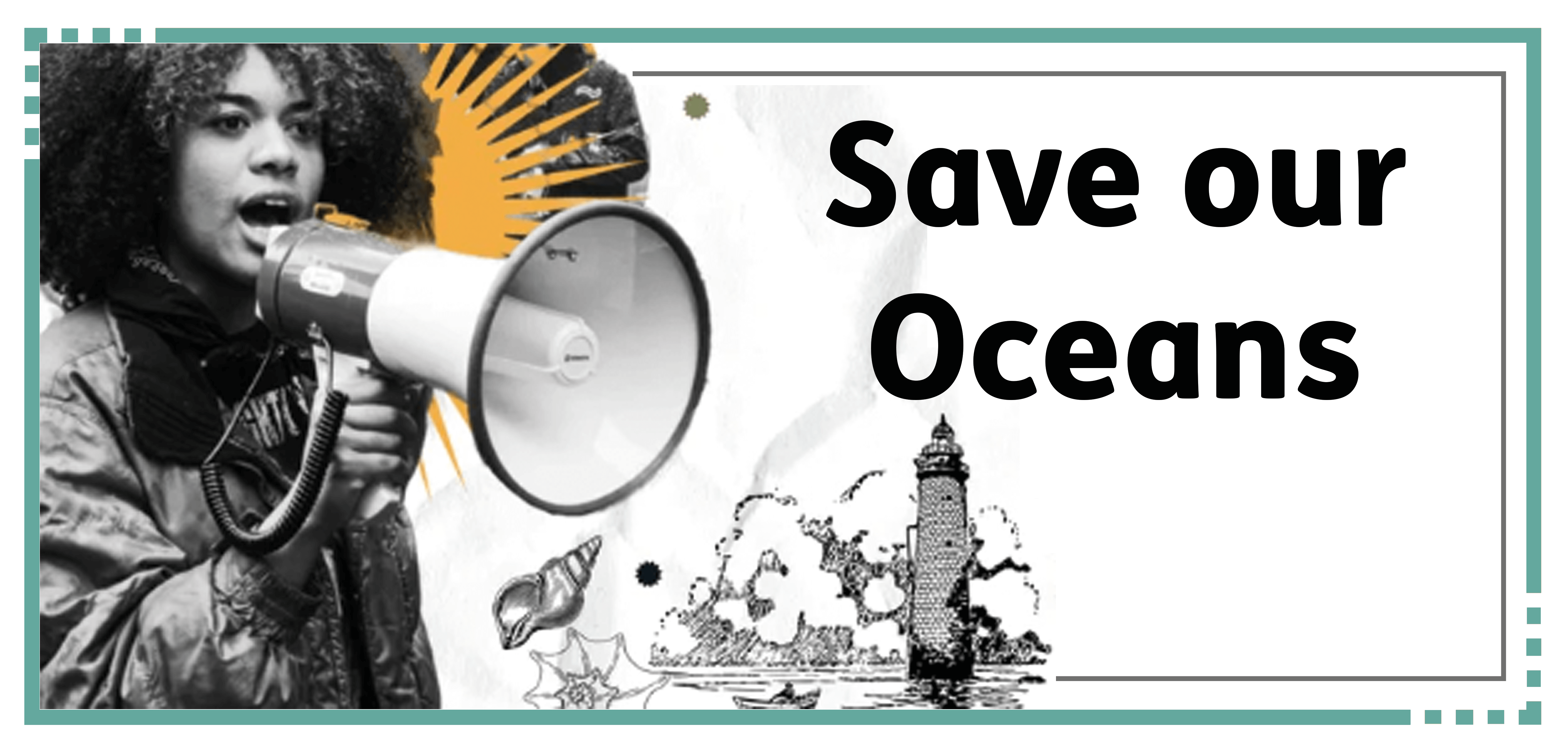 |
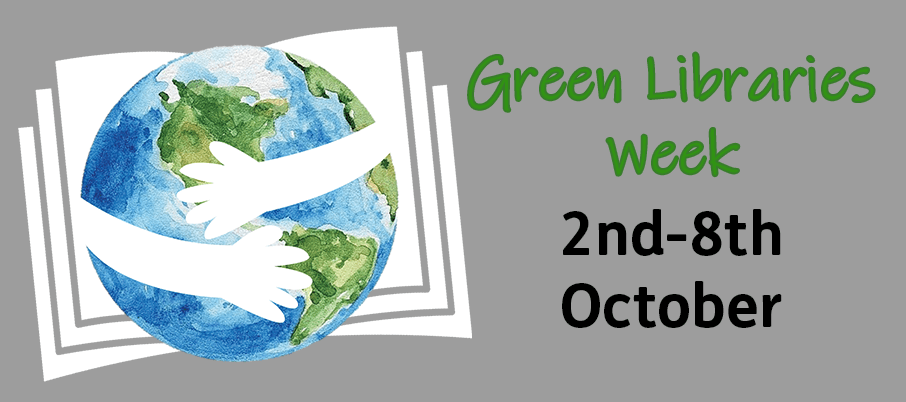 |
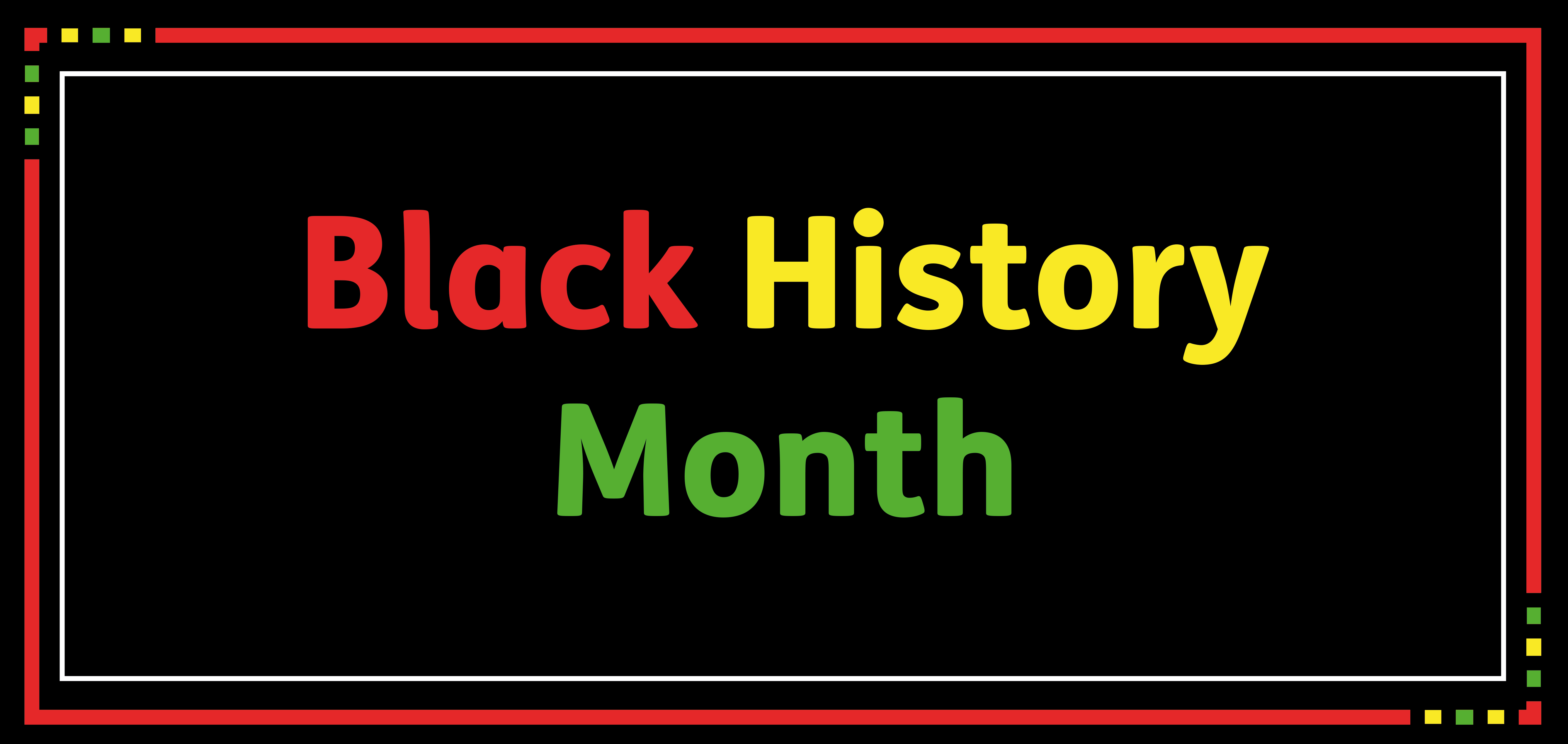 |
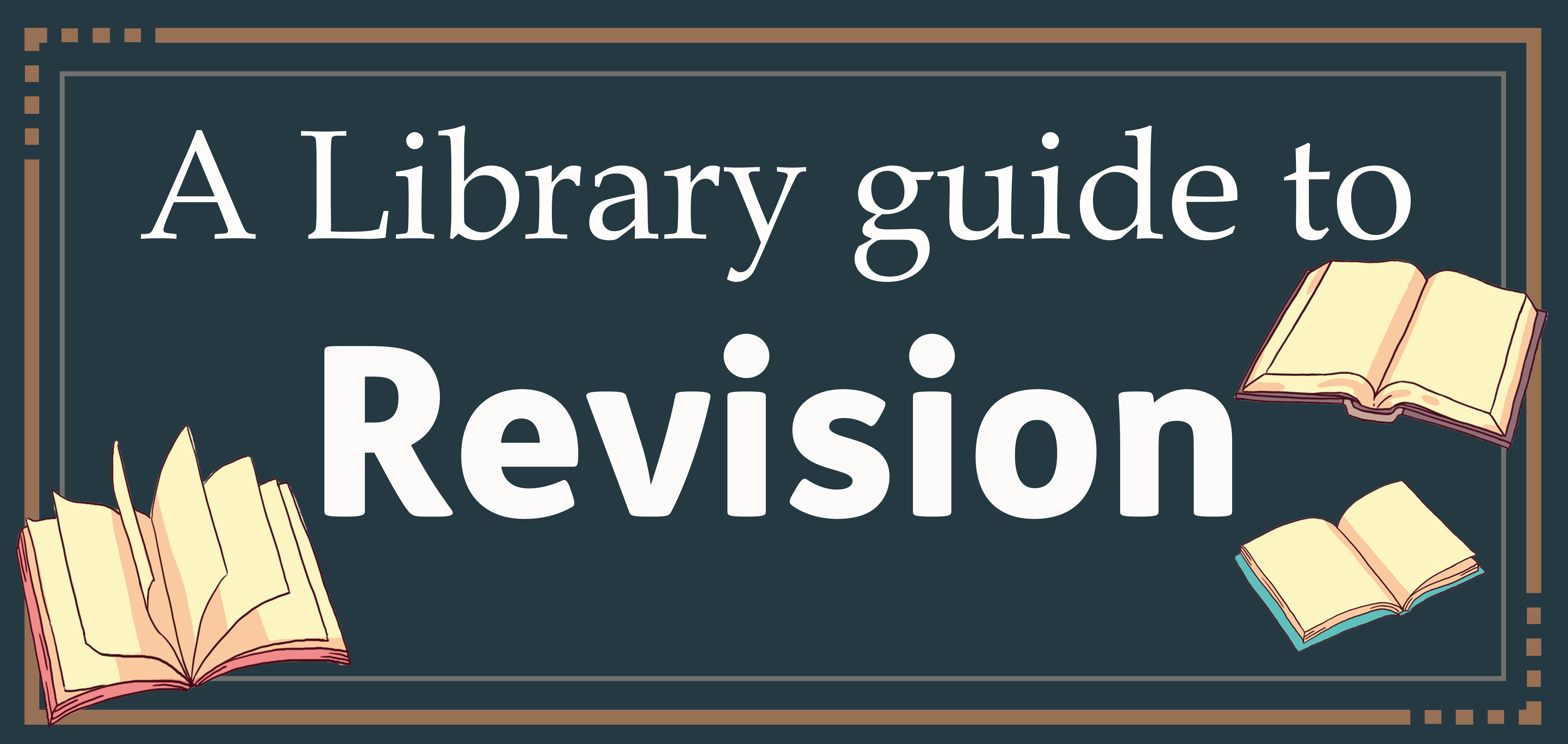 |
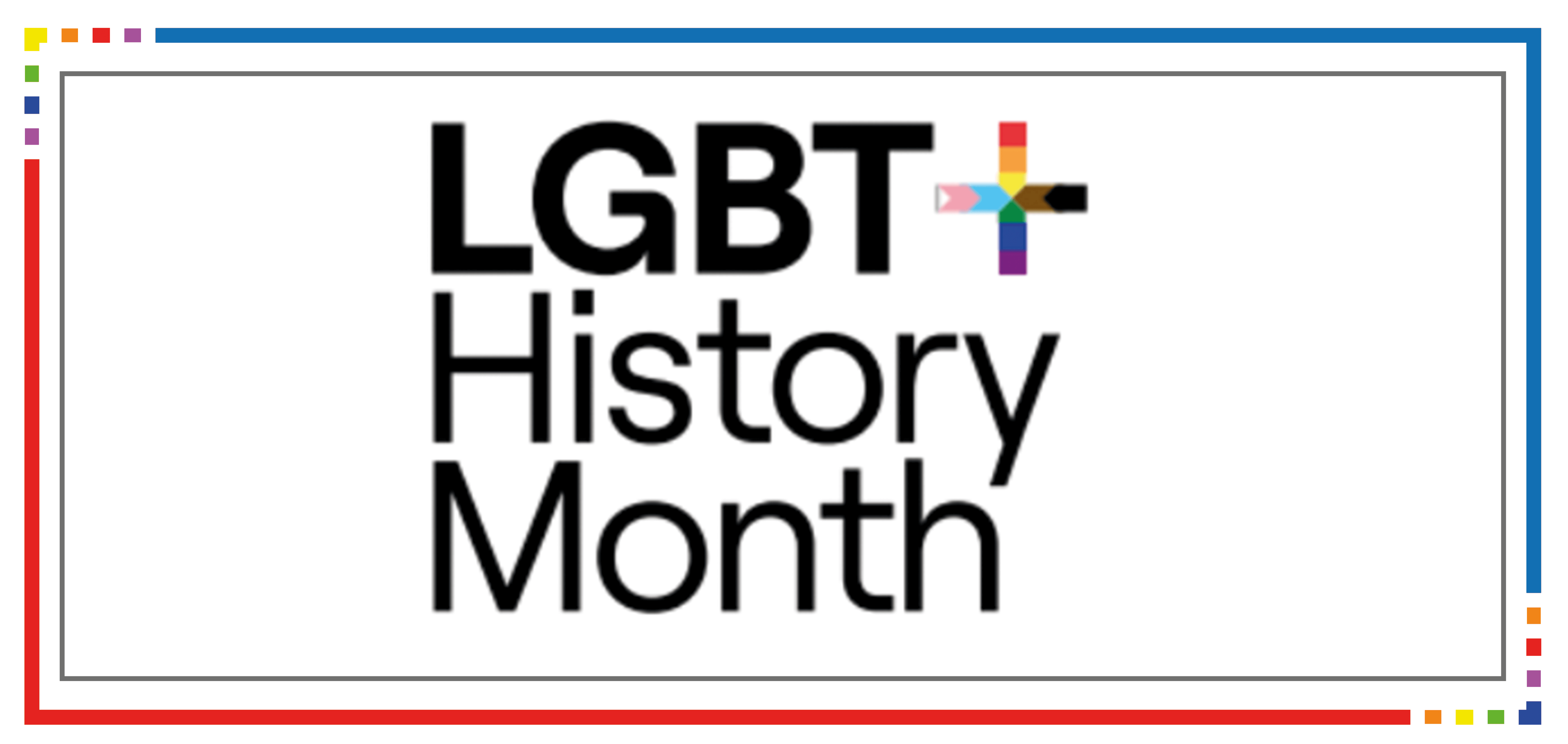 |
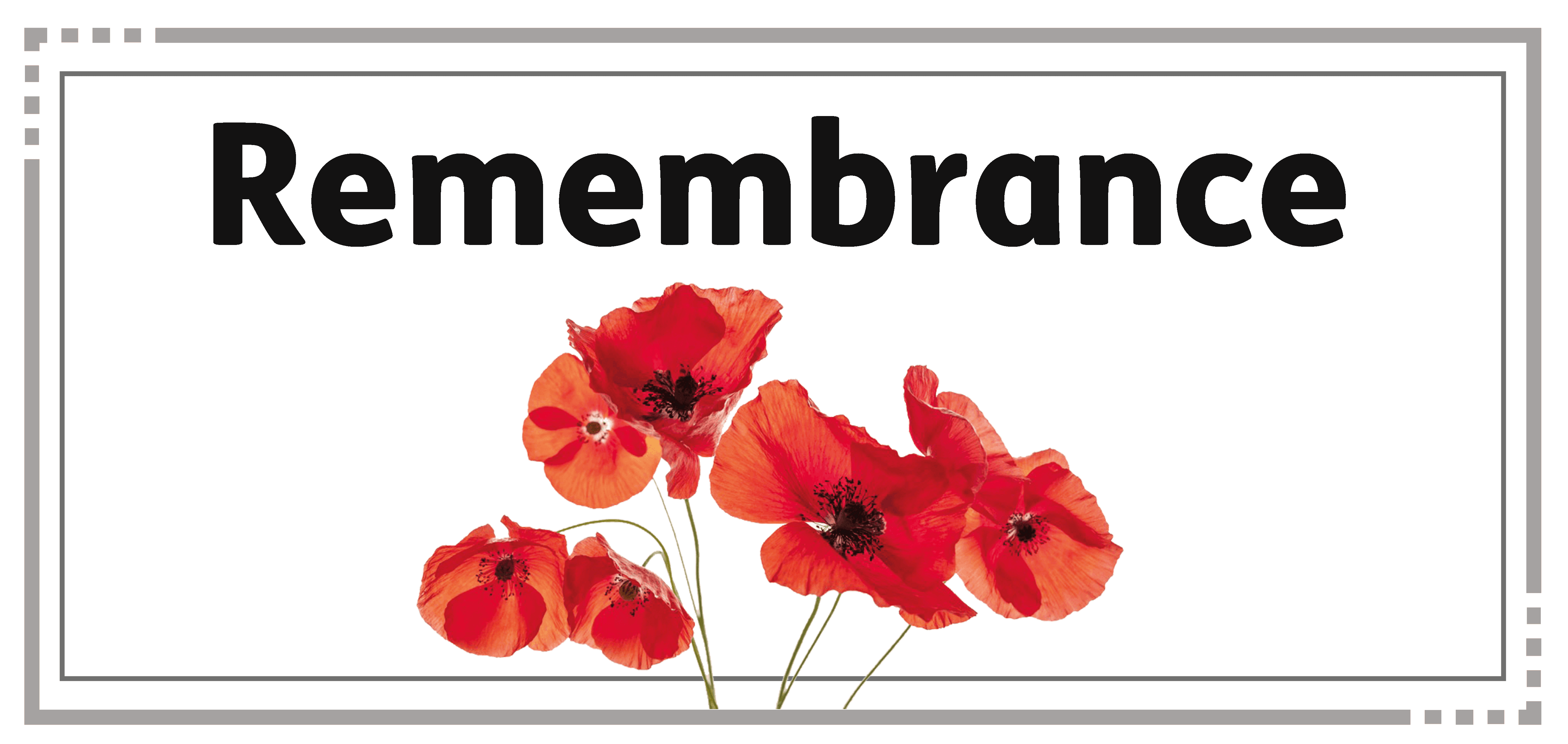 |
 |
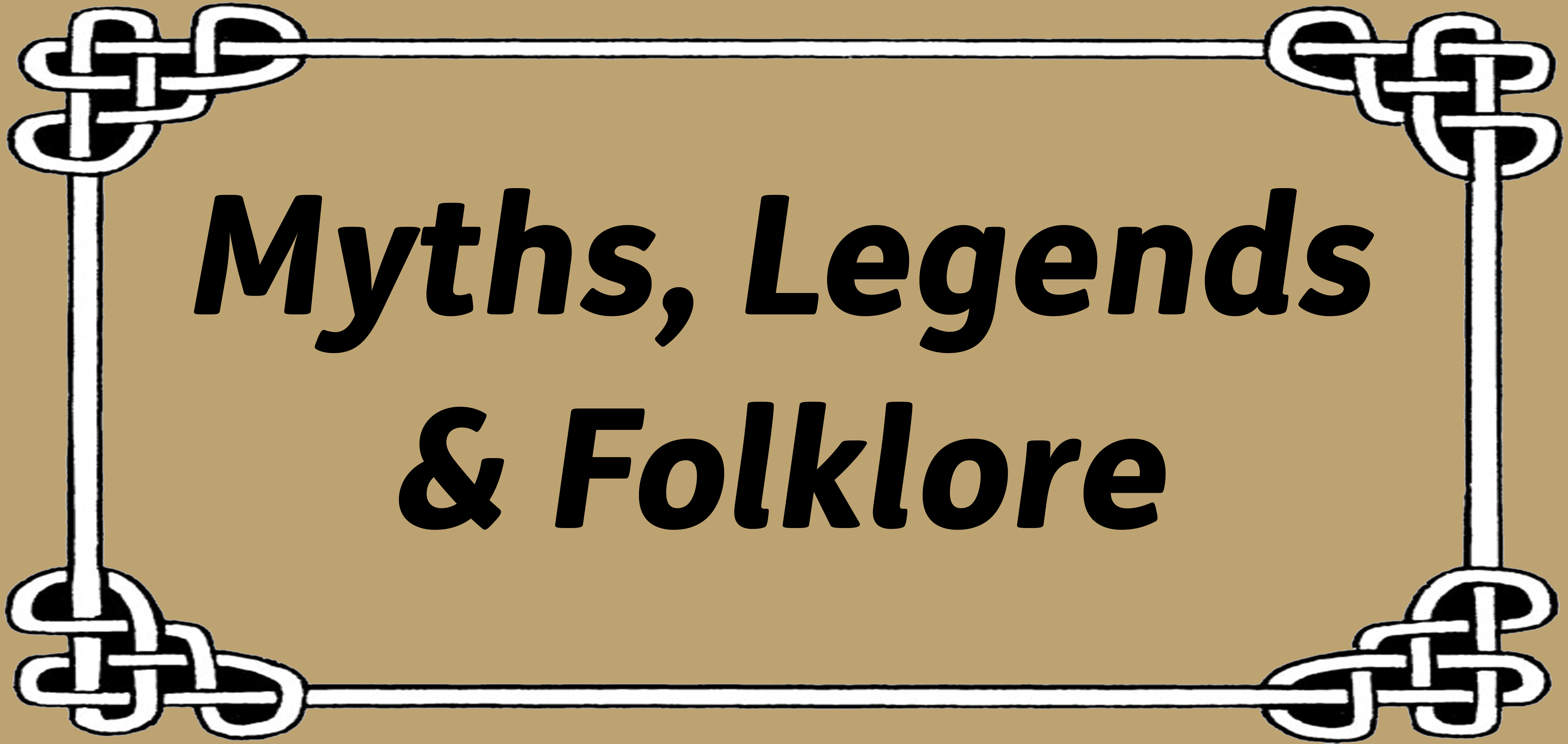 |
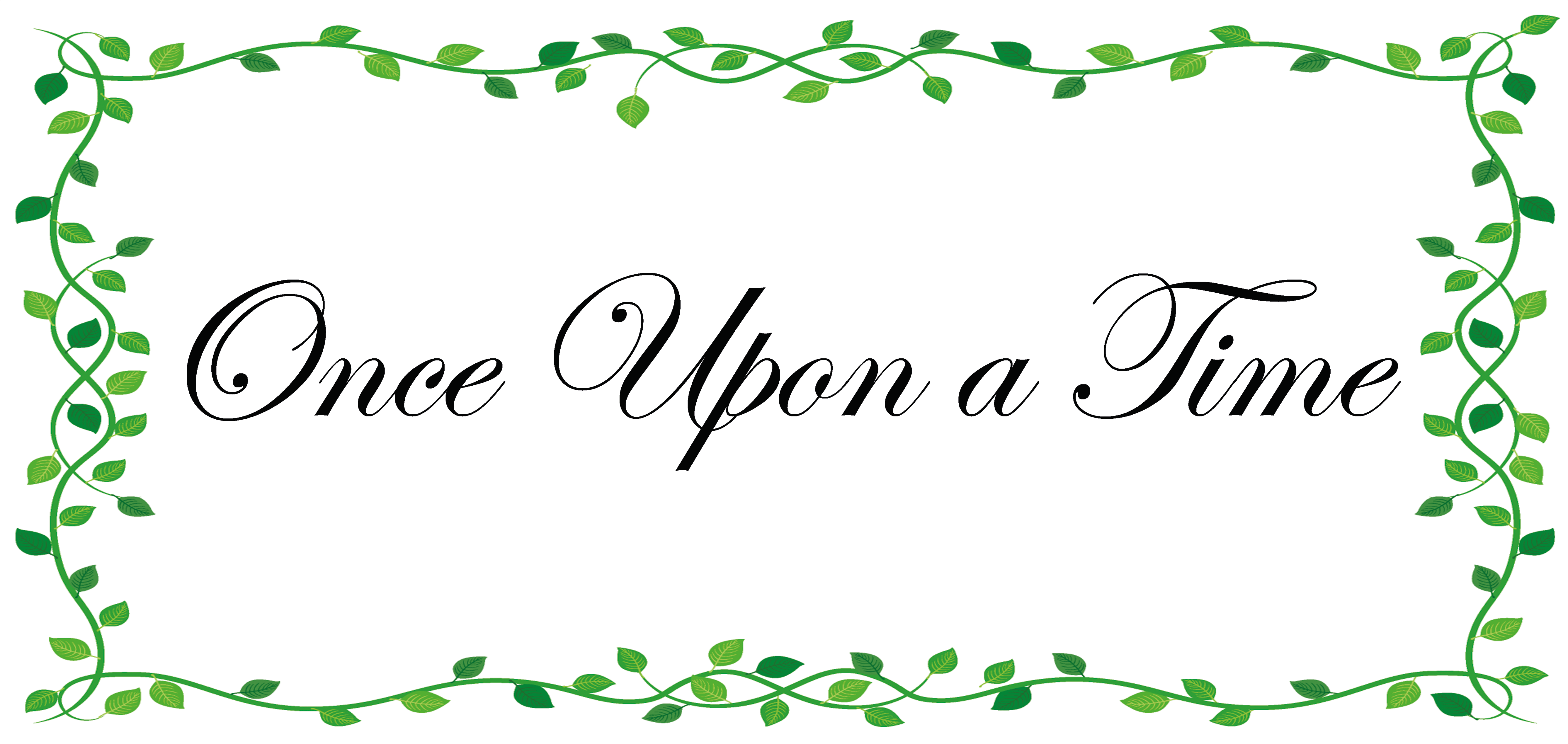 |
 |
 |
 |
 |
Green Libraries Week 2024

Libraries, in their nature, are sustainable and we encourage you to support yours!
LET’S CELEBRATE GREEN LIBRARIES WEEK

Green Libraries Week aims to celebrate libraries that focus on topics like climate change and sustainability. They are using physical and virtual spaces to support library users in going green, and supporting the local communities. This week, we are opening a plant library! This is where students and staff can take home a plant cutting and read about the many benefits plants have.
Further Reading
We offer a wide range of books on sustainability and climate change for you to loan or check out the Wakelet below to explore further:
Last updated: 7th October 2024

